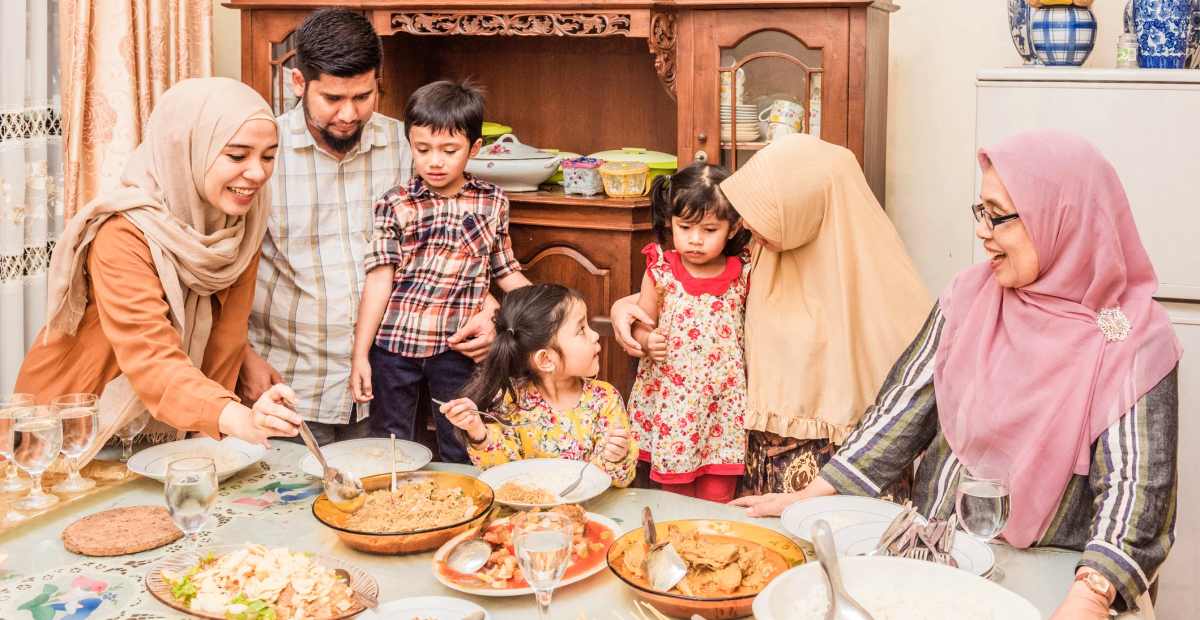Ramadan is a holy month for Muslims worldwide. It is a time of reflection, self-discipline, and spiritual devotion. Muslims around the world fast from sunrise to sunset, abstaining from food, drink, and other physical needs, all the while striving to deepen their connection with Allah. Indonesia, the world’s largest Muslim-majority country, has a unique culture of celebrating Ramadan. The country’s rich history and diverse cultural traditions influence the way Muslims observe the holy month. In this article, we will explore some of the unique traditions of Ramadan in Indonesia.
- The Month of Blessings
In Indonesia, Ramadan is known as Bulan Suci, which means the “holy month.” Muslims in Indonesia believe that Ramadan is a month of blessings, a time when they can get closer to Allah and seek His forgiveness. During this month, Muslims fast from sunrise to sunset, breaking their fast with a meal called iftar. The fast is broken with a date and a sip of water, following the Sunnah of Prophet Muhammad.
- Tarawih Prayers
Tarawih prayers are an essential part of Ramadan for Muslims worldwide. In Indonesia, the Tarawih prayers are held in the mosques every evening during the holy month. These prayers are conducted in the Indonesian language, and it is customary to complete the recitation of the entire Quran during Ramadan.
- Charity
Ramadan is also a month of giving and charity. Muslims in Indonesia believe that giving to the less fortunate during the holy month is a way to gain Allah’s blessings. Many organizations and individuals in Indonesia organize iftar meals for the poor and needy. It is also customary to distribute food packages and provide financial aid to those who are less fortunate during Ramadan.
- Ramadan Bazaar
One of the most exciting aspects of Ramadan in Indonesia is the Ramadan bazaar. During the holy month, markets and streets come alive with vibrant colors, smells, and sounds. The bazaars offer a wide variety of food, clothing, and accessories. The markets offer traditional Indonesian delicacies, such as kolak, bubur kacang hijau, and sate. People flock to the bazaars to buy Ramadan-related items and enjoy the festive atmosphere.
- Grebeg Suro
Grebeg Suro is a unique tradition of celebrating the first day of Ramadan in Yogyakarta. This tradition originated in the 16th century when Sultan Agung of Mataram declared that all the people of the kingdom should come together to celebrate the start of Ramadan. The tradition has continued to this day, and every year, people gather to offer prayers and seek blessings at the Kraton Palace.
- Dugderan
Dugderan is another unique tradition of celebrating the start of Ramadan in Semarang. This tradition is a fusion of Javanese and Islamic culture. People gather in the streets to witness a parade of decorated horses and carts. The parade is led by the city’s mayor, who distributes iftar packages to the people.
- Ketupat Kandangan
Ketupat Kandangan is a unique culinary tradition of celebrating the end of Ramadan in South Kalimantan. This dish is made by boiling rice in a woven palm leaf container. The rice is then sliced and served with spicy beef, chicken, or fish curry. The tradition of making Ketupat Kandangan dates back to the 16th century, and it is still a significant part of the Eid al-Fitr celebration in South Kalimantan.
- Lebaran
Eid al-Fitr, also known as Lebaran, marks the end of Ramadan. In Indonesia, Lebaran is a national holiday, and Muslims all over the country celebrate the occasion with great joy and enthusiasm. People wear new clothes, visit their relatives and friends, and enjoy the time together.
Penulis : HALIMAH SA’DIYAH ROBBANI
Mahasiswa STEI SEBI


